28 June 2023
The Health Research Council of New Zealand has granted the Malaghan Institute’s Ronchese Laboratory $1.2 million to better understand the crucial role immune cells in the skin play in initiating allergic diseases.

The Ronchese Laboratory
The project, ‘Plasticity of the skin IL-13+ innate lymphoid cell niche,’ comes off the back of earlier Health Research Council-funded research in which the Ronchese lab made the ground-breaking discovery that the skin is constantly prepared to trigger allergic responses – marking it as ‘ground zero’ for allergic disease.
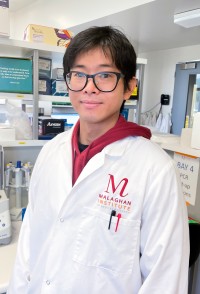
Dr Sotaro Ochiai
“The aim of this project is to study the impact of immune responses on a specific type of immune cells called type 2 innate lymphoid cells, in both mouse and human skin,” says Malaghan Research Fellow Dr Sotaro Ochiai. “Under normal conditions, these cells produce a chemical signal called interleukin-13 (IL-13). Our recent research has shown that IL-13 plays a crucial role in the development of pro-allergic skin dendritic cells.”
Over the next three years, the lab will investigate whether their previous findings into the role of skin immune cells carry over into human studies. Working alongside clinical immunologist Dr Maia Brewerton, they will be investigating the composition and function of immune cells found naturally in the skin for both healthy individuals and those living with allergic disease, in order to gain a deeper understanding what drives this phenomenon.
Professor Franca Ronchese says the grant will help the lab understand whether this population of innate immune cells which are specific to the skin, and which are programmed to initiate allergic responses are a fixed property of the skin or can be changed or replaced.
“If they are ‘fixed’ – as in they are needed for normal skin functions – we can develop ways to manage them for people with allergic disease. Alternatively, if they can be replaced, we can look at ways to remove them to prevent the skin programming allergic responses throughout the body,” say Prof Ronchese.
“I think it is very exciting that the Health Research Council is further supporting our research, and we look forward to using this support for the benefit of all New Zealanders. The Health Research Council is the only New Zealand organisation that funds research into allergies and inflammatory diseases which affect more than 20 to 30 percent of our population, sometimes severely.”
Related articles
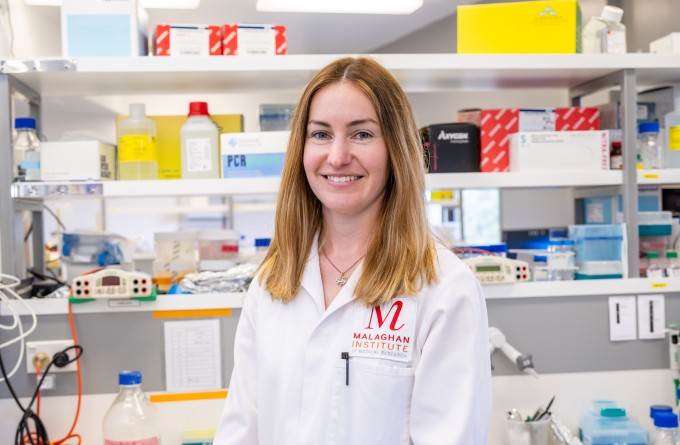
New research deepening understanding of elusive eosinophils
27 June 2024
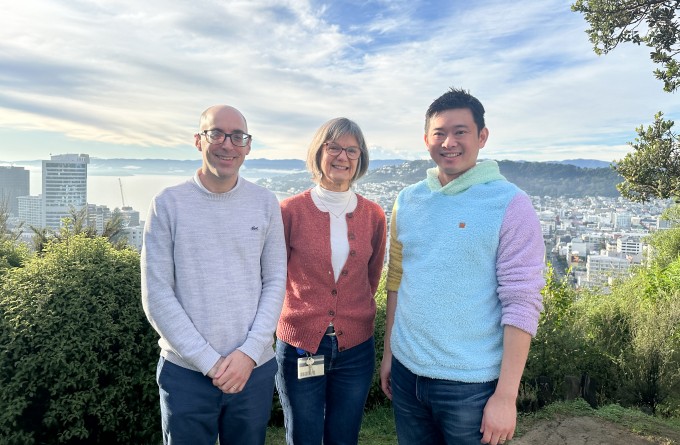
International collaboration finds lipid imbalance in the skin may contribute to inflammatory conditions
24 June 2024

Double doctor: exceptional thesis awarded to Malaghan gastroenterologist
5 June 2024
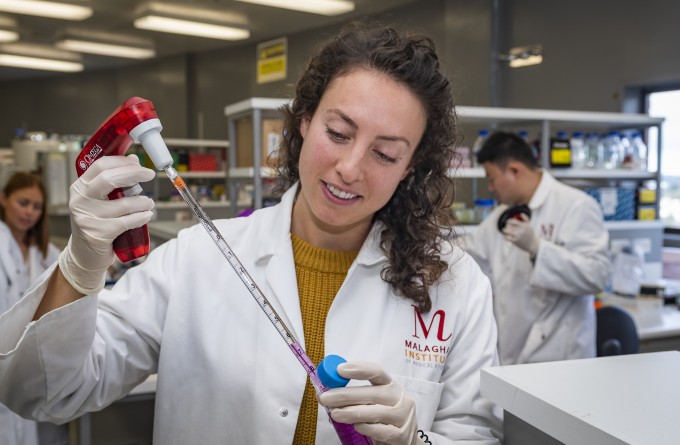
Location, location, location: study finds where MAIT cells live may determine their role in allergic disease
12 February 2024
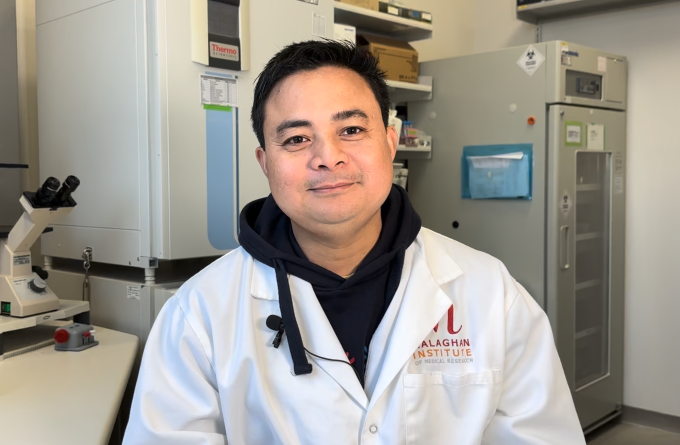
In Focus: From tiger conservation to parasites and the allergy epidemic
10 May 2023
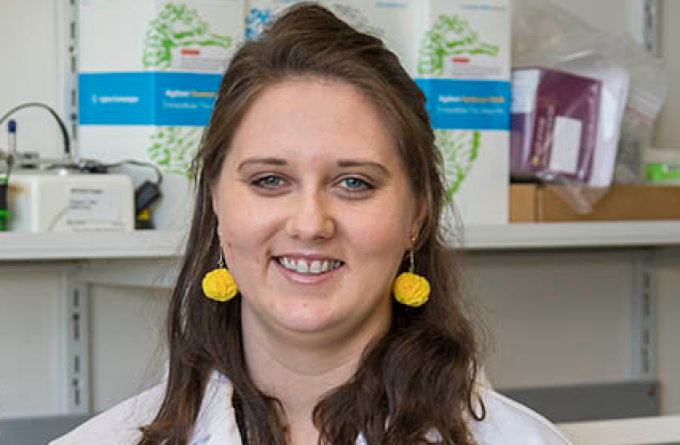
Allergic disease research update for Allergy NZ - Dr Kerry Hilligan
30 March 2023
